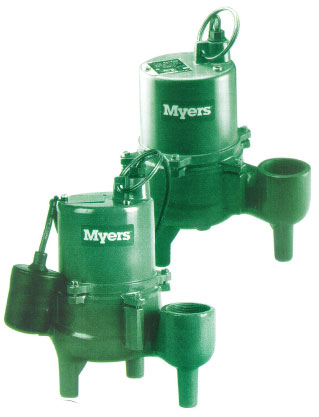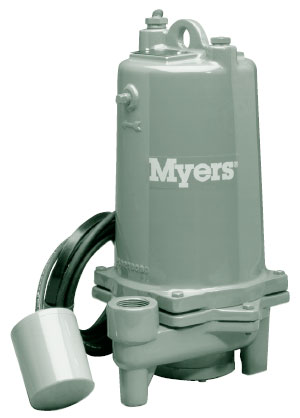Many commercial paper based products need special chemicals to keep them resistant to moisture. For example, if standard corrugated cardboard gets saturated it loses a great deal of its strength, and could easily break up. To avoid this from happening, most companies use wet strength resins in the production process. Why are these chemicals so important? Here is more on the subject.
Why Moisture Resistance?
Have you ever picked up a moist piece of paper? Chances are, the paper tore or fell apart. Today’s paper products can get soggy in many ways. For example:
* Exposure to excess humidity
* Too much moisture content in adhesives
* Outdoor conditions
When paper fibers are laden with moisture, they weaken. Weak fibers break down and tear easily. Determining wet strength is all about fiber structure and its saturation point. Maintaining dryness prevents many types of corrugated container failures.
Reducing the Effects of Moisture
The process of pressing wet paper can weaken its fiber structure, and pulp refining methods
Many commercial paper based products need special chemicals to keep them resistant to moisture. For example, if standard corrugated cardboard gets saturated it loses a great deal of its strength, and could easily break up. To avoid this from happening, most companies use wet strength resins in the production process. Why are these chemicals so important? Here is more on the subject.
contribute to these problems. By using the proper chemicals and wet strength resins, one can regain as much as thirty percent of the dry strength. In fact, these compounds improve overall material strength.
Polymer coatings offer moisture exposure solutions. Plus, some companies use plastic film technology. However, these strategies add considerably to production costs.
Water Resistant Additives
Additives for increasing resistance to water, offer many benefits. For example:
* Better adhesion
* Improved adhesive viscosity
* Stability
* Fewer quality issues
Eco-friendly Choices
Most companies today have environmental concerns. Typical wet strength resins include ingredients like formaldehyde, urea and melamine compounds. These products are not the best options for the environment. Products with limited VOC content offer safe solutions. Ask your resins and adhesive supplier about alternatives to hazardous chemicals.



